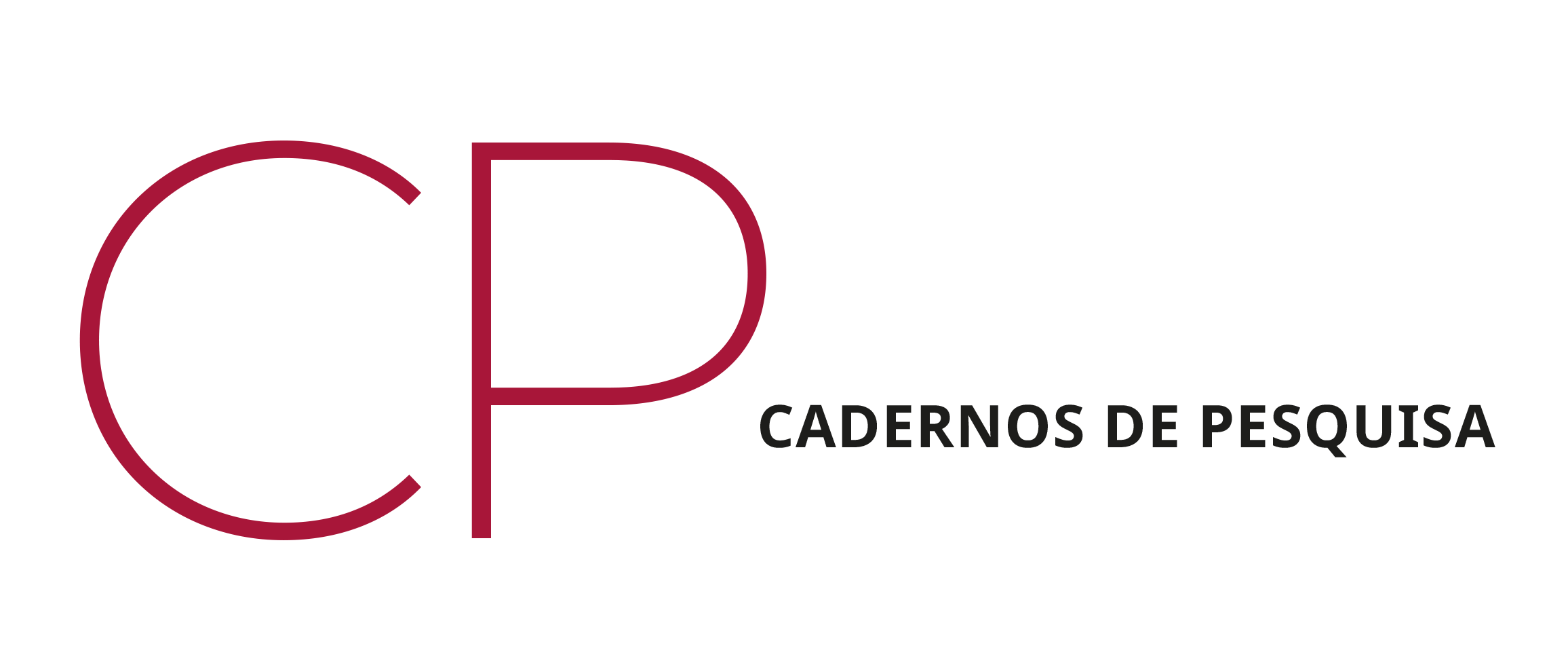Relating teacher payment to pupils' standardized test scores is spreading in Brazil. Such policies do not find their theoretical roots in the field of education science, but rather in the economic-management literature, especially in the so-called "principal-agent model". While they are regarded by some as a cornerstone for improving education quality, they are rejected by non-economists. The empirical evidence is ambiguous: both positive and non-positive effects have been documented. The contribution of this paper is to revisit the theoretical framework on which pay-for-performance schemes lay, aiming at testing the hypothesis that inconclusive effects could have been predicted by the economic literature itself. Complementarily, we investigate whether the theory sheds light on the reasons why such policies are strongly rejected in certain circles. We provide positive answers to both questions.
teacher accountability program; teacher pay; principal-agent model; economics of education
